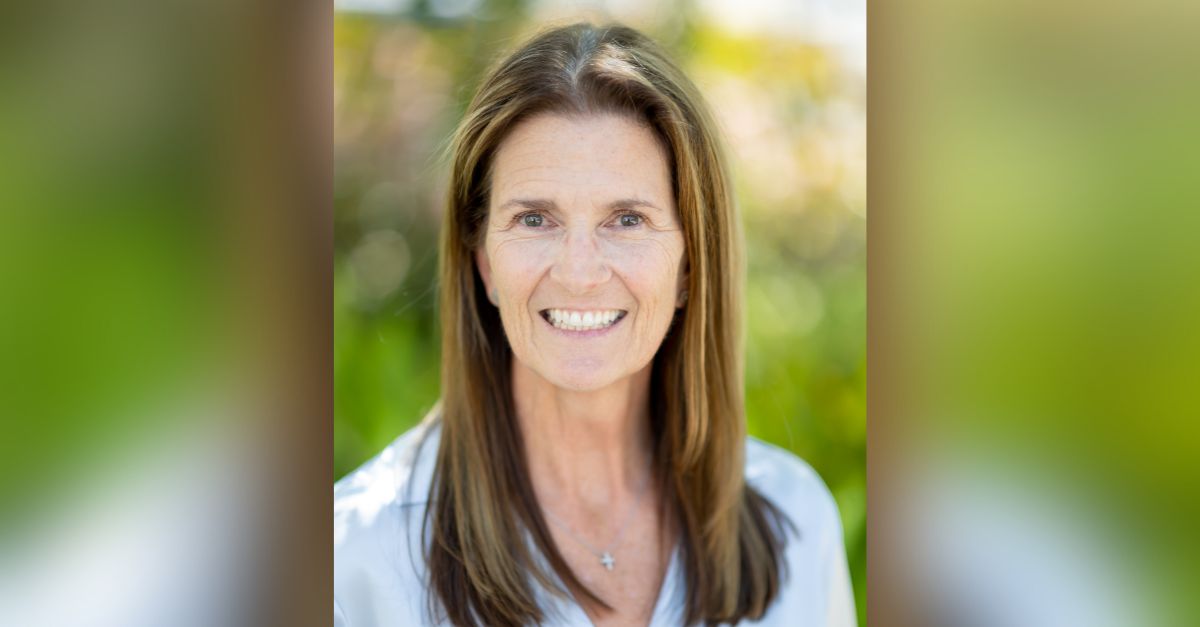
Associate Vice President of Academic Affairs and Dean of Faculty, Mary Hatcher-Skeers, recently completed her three-year term as Scripps’ inaugural Associate Dean of Racial Equity
By Kendra Pintor
In the wake of 2020’s racial reckoning, institutions of higher education across the nation were compelled to examine their commitment to equity and inclusion. Scripps College was no exception.
Recognizing the need for systemic change, the College took a significant step by creating the role of associate dean of faculty of racial equity (ADRE) thanks to a generous $1 million gift from Trustee Gale Picker P’14, P’19. This seed funding was dedicated to advancing racial justice and equity initiatives on campus, laying the foundation for a broader institutional transformation.
Shaping the Role: Challenges and Achievements
Mary Hatcher-Skeers, professor of chemistry and the Sidney J. Weinberg, Jr. Chair in Natural Sciences, became the inaugural ADRE. Reflecting on her tenure, she described the initial uncertainty of the role.
“It wasn’t fully defined when I took it, so the time was spent figuring out the best way to use it. We liked the idea of distributed leadership, with contributions from faculty, student affairs, and staff,” she says. “The best part is working with the Equity and Justice Leadership Team—we are all responsible for this work.”
Having recently completed her three-year term as ADRE, Hatcher-Skeers highlights the creation of antibiased faculty hiring processes as one of her key achievements. Through collaboration with the Faculty Executive and Appointments, Promotions, and Tenure Committees, Scripps was able to revise its faculty handbook to ensure more inclusive hiring practices.
“The faculty changed their hiring practices and their handbook, and after some time, we can see that it is working. The goal was to run searches that reached a broad applicant pool, incorporated ways to assess candidate’s commitment to inclusivity, and hopefully enhance the diversity of our faculty,” she explains.
Another major milestone under Hatcher-Skeers’ leadership was the establishment of the Racial Justice and Equity Fellowship, which awards grants to students and faculty to support antiracist research and community-engagement projects. Made possible through Picker’s gift, this initiative has funded twelve student and faculty fellows since its inception who exemplify the College’s collective approach to equity work.
“We have faculty, students, and colleagues who do amazing work, and now we fund those great ideas and share them back with the community,” says Hatcher-Skeers. “This fund makes it possible for everyone to contribute.”
Navigating Challenges: Affirmative Action and the Path Forward
While progress toward racial equity is being made in higher education, the journey has not been without its challenges.
One of the most significant obstacles came in June 2023 when the US Supreme Court ruled against race-conscious affirmative action in college admissions. In response, Hatcher-Skeers and her team worked diligently to ensure that Scripps’ hiring practices remained aligned with its equity goals. “The first thing we did was update our anti-bias search trainings to ensure legality while continuing to attract the broadest and most diverse candidate pools.
Hatcher-Skeers also emphasized the importance of continuous learning and community engagement in navigating these challenges. Scripps’ participation in the Liberal Arts College Racial Equity Leadership Alliance (LACRELA) has provided faculty and staff with monthly diversity, equity, and inclusion (DEI) workshops. “Investing in resources like LACRELA has been really helpful for my learning and becoming more effective in my role,” she notes.
Creating Belonging: The Importance of DEI in Higher Education
Despite recent legislative setbacks, Hatcher-Skeers firmly believes that DEI programming remains crucial for colleges and universities, particularly in predominantly White institutions like Scripps.
“Scripps is a predominantly White community, and it can feel unwelcoming to some. We need everyone to feel at home,” she says. Campus programs like Scripps Communities of Resources and Empowerment (SCORE), which provides student-led and faculty workshops on how to address racial topics in the classroom, have been instrumental in fostering a more inclusive environment.
The emphasis on community-building has also been a central part of the ADRE role. Hatcher-Skeers and the Equity and Justice Leadership Team led “community conversations,” informal gatherings where faculty and staff could come together to build connections. “Community and belonging are huge parts of DEI, and we want everyone to be connected,” she explains. “We’ve created a space where this work is everyone’s responsibility.”
Gale Picker’s Gift: A Lasting Legacy
At the heart of this progress is the $1 million gift from Gale Picker P’14, P’19, which not only funded the ADRE position but also laid the groundwork for Scripps’ Racial Justice and Equity Fund to support new and ongoing DEI projects.
“Everything is due to the gift,” says Hatcher-Skeers. “It was the seed money that allowed us to explore whether this role was worthwhile, and now we have a fund that continues this important work.”
Looking to the future, Hatcher-Skeers believes Picker’s gift has created a sustainable model for racial equity at Scripps. The ADRE role, which rotates every three years, brings fresh perspectives and ideas, ensuring that the College’s approach to equity evolves with the times.
“We have an evolving structure where new voices are always brought in, and that enriches what we’re capable of doing,” she says. “Faculty participation has increased since we shifted from relying on outside experts to tapping into our internal expertise.”
A Blueprint for the Future
In 2024, Hatcher-Skeers stepped into a new role as vice president for academic affairs and dean of faculty, leaving a strong foundation for her ADRE successor. Her advice to whoever follows in her footsteps underscores the collaborative spirit that has defined the role:
“Lean into the team. This work isn’t meant to be done alone. Make this role your own, but don’t feel like you must do it all. Progress takes time, but it’s still progress.”
Scripps is committed to embedding antiracist practices and policies into our College culture. To make a gift to our Racial Justice and Equity Fund, please click here.

